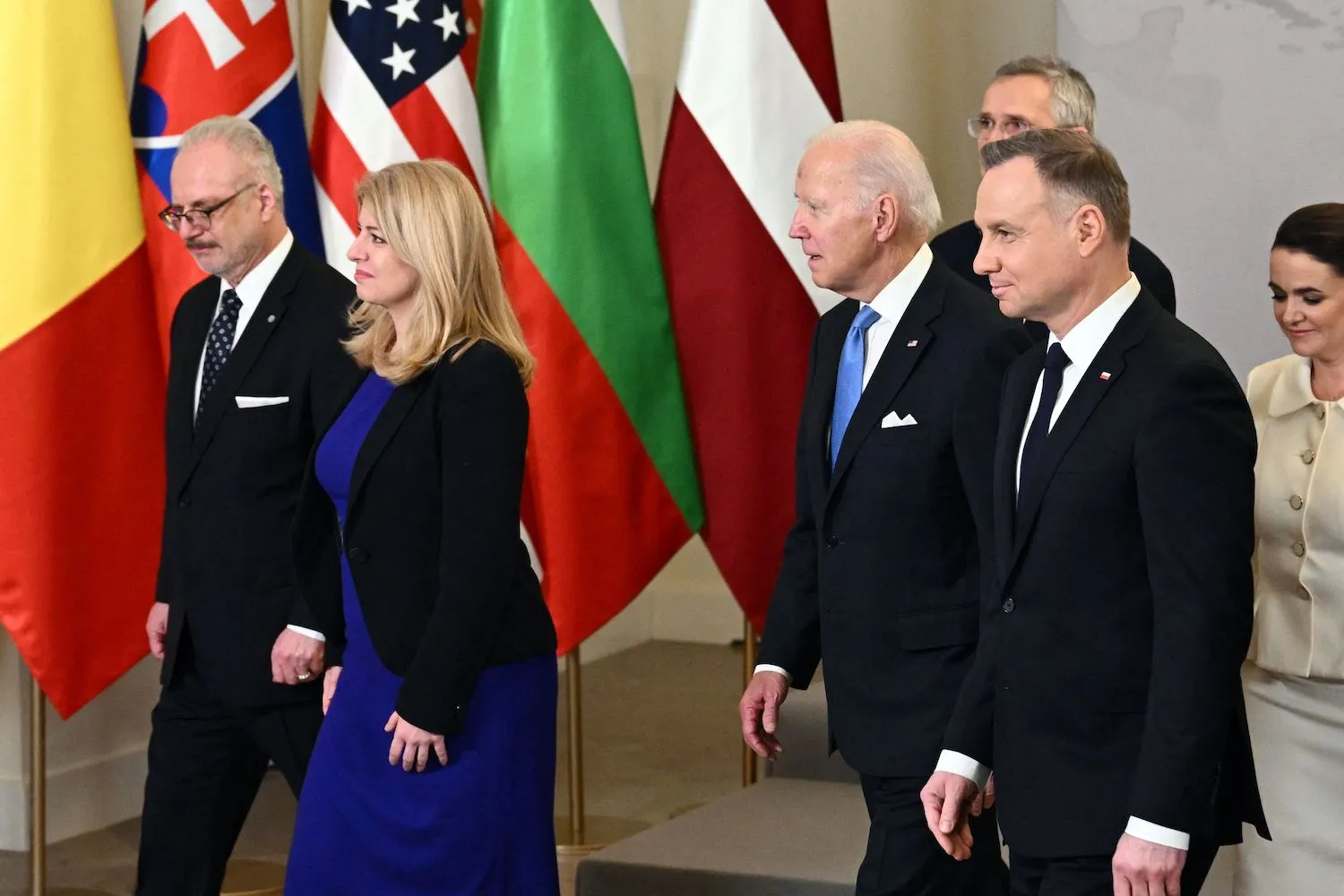U.S. Secretary of State Warns of North Korea’s Engagement in Ukraine Conflict
In an alarming address on Wednesday, U.S. Secretary of State Antony Blinken raised serious concerns regarding North Korea’s increasing military involvement in the ongoing war between Russia and Ukraine. Speaking from NATO headquarters in Brussels alongside Ukraine’s Foreign Minister Andrii Sybiha, Blinken highlighted that this emerging alliance not only affects the immediate conflict but also raises broader security implications across multiple regions.
During his remarks, Blinken suggested that North Korea’s military support for Russia might also signal that Moscow is aiding Pyongyang in advancing its nuclear capabilities. “The relationship between Russia and North Korea is very much a two-way street,” he stated. “North Korea is assisting Russia in its aggression against Ukraine, and at the same time, Russian support for North Korea — potentially including help with their nuclear and missile programs — poses a significant threat, not just for Korea, but for regional stability.”
North Korean Troops in Combat Operations
Recent reports from South Korean intelligence have further escalated these concerns, revealing that North Korean troops have commenced combat operations against Ukrainian forces in the Kursk region. This report follows a prior U.S. warning that around 8,000 North Korean troops were being relocated to a region where Ukrainian forces have been conducting offensive maneuvers since August.
Blinken characterized this development as “very significant and very negative,” linking the conflict in Ukraine to broader security challenges in both the European and Asia-Pacific regions. He emphasized the widening implications of adversarial collaboration among nations, including Russia, North Korea, and Iran, which he said were engaging in increasingly dangerous activities across multiple geopolitical theaters.
“We’re seeing how global security is becoming more intertwined — whether it’s the Euro-Atlantic, the Indo-Pacific, or even the Middle East, with the role that Iran plays,” Blinken elaborated, underlining the focus of NATO and U.S. allies on these evolving security threats.
Ukraine’s Response to Escalating Conflict
In tandem with Blinken’s remarks, Ukraine’s Foreign Minister Sybiha expressed similar alarm over the situation, stating that Transatlantic and global security were being resolved on the battlefield in Ukraine. He referenced a recent overnight drone and missile strike on Kyiv — the first such attack on the capital since August — which forced civilians into underground shelters, although no casualties were reported.
“Russia is using Iranian drones and North Korean troops to wage war on Ukraine,” Sybiha commented. “In return, it provides support to these regions,” he noted, emphasizing how the ramifications of the conflict stretch beyond Europe, destabilizing Southeast Asia and the Middle East. He further added, “If we are to ensure long-term peace and stability in Europe, Asia, and the Middle East, we must force Russia to end its aggression.”
Anticipating Future Challenges
Blinken’s comments come at a pivotal time as his tenure as Secretary of State nears its end, with the incoming Trump administration set to take over in January. His time in office has been marked by navigating one of the most complex geopolitical landscapes since World War II, particularly amidst escalating tensions with adversaries like Russia and North Korea.
As uncertainty grows about the incoming administration’s stance, especially regarding continued military aid to Ukraine, Blinken reassured that the current administration would maximize its remaining time to strengthen defensive aid to Kyiv. “We will use every day we have left to continue doing what we’ve done these last four years — strengthening our alliances,” Blinken affirmed.
Looking Forward: Strengthening Alliances and Support for Ukraine
In closing, Blinken pledged to “shore up” support for Ukraine, ensuring it remains capable of resisting Russian advances. His aim is to position Ukraine favorably for possible negotiations for peace while maintaining control over its future. The implications of North Korea’s involvement in the conflict and its partnership with Russia may evolve, but the call for global unity in tackling these challenges remains critical.
Conclusion
The alliance between North Korea and Russia has raised alarms about a potential shift in global security dynamics, with repercussions affecting stability in Europe, the Indo-Pacific, and the greater Middle East. As the international community observes the situation closely, the U.S. Secretary of State’s warning serves as a call to action for allies to unite against emerging threats in a complex geopolitical landscape.
This HTML format contains structured headings and paragraphs, presenting the article with an organized layout suitable for digital publication. Each section addresses key points raised in the original article while enhancing the journalistic style.
